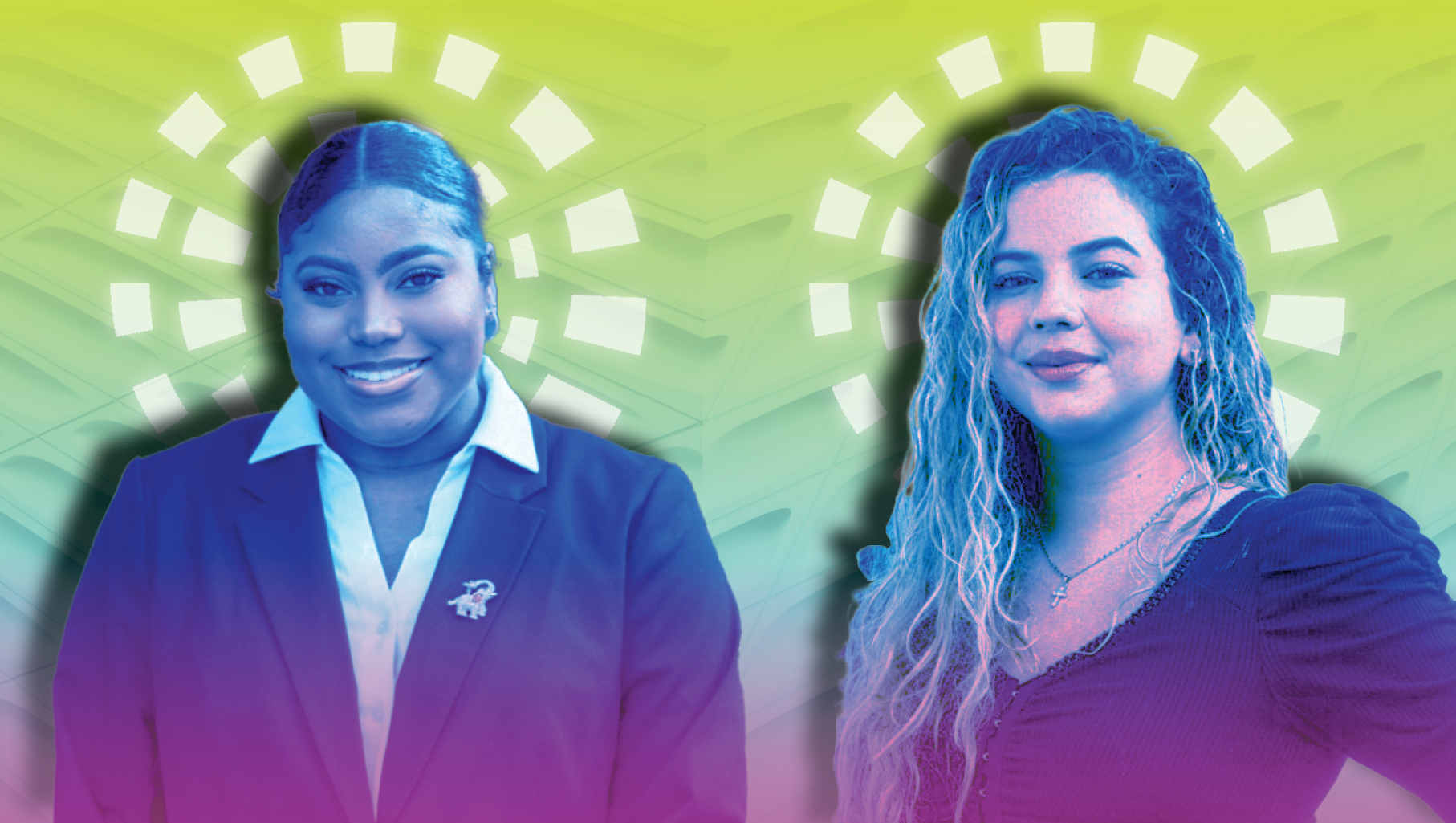For the second summer in a row, the Princeton School of Public and International Affairs (SPIA) hosted its annual Junior Summer Institute (JSI) virtually, bringing together 17 students from 14 national universities. Despite hours spent on Zoom instead of Princeton's campus, the students were able to create meaningful relationships while successfully completing coursework in statistics and a policy workshop.
“JSI challenged me and pushed me outside of my comfort zone; however, the preceptors, program director, tutors, and my cohort motivated me to be the best version of myself. I felt a strong connection to everyone I have met at JSI,” said Akaysha Palmer, a rising senior at Seton Hall University.

The goal of the Public Policy and International Affairs (PPIA) JSI is to prepare students from historically underrepresented and marginalized backgrounds for graduate study and careers in public policy. Through rigorous coursework, participants experience how graduate-level study can help them become future leaders in public service. JSI enhances SPIA’s academic community outreach, allowing the School to reach, engage, and support talented students from diverse communities and educational institutions across the U.S. Every summer since 1985, SPIA has hosted JSI on campus, until the pandemic shifted the six-week program to a virtual format in 2020.
Heading its second online program, JSI Director Laura De Olden wanted to implement changes to better support students as they navigated coursework online during a global pandemic. To meet the financial stress the pandemic has caused, JSI doubled its stipend for students.
“We needed to meet the new financial needs of our students who were struggling through the pandemic. We didn’t want them to have to balance another job or internship to make ends meet, which might take away from their JSI experience,” De Olden said.
This year, the program also hosted a smaller number of students to allow for more personalized attention. The microeconomics portion of the traditional curriculum was eliminated, allowing instructors to focus on a more in-depth approach to statistics. The statistics course was separated into two sections to allow for more personalized teaching, a unique feature of Princeton’s annual JSI program.
Students also learned “R,” a programming language for statistical computing and graphics. During a twice-weekly “R for Public Policy” precept, they used R to apply statistical methods to real-world issues, to craft arguments that are factually accurate, and to create visualizations that compellingly support those arguments.
“Our preceptors and tutors were very resourceful, patient, and understanding, especially when we struggled with any material or needed extra assistance,” said Palmer.
The statistics class was paired with a policy workshop focused on global systemic risk, allowing the students to see the real-world application of their quantitative course.
“It was great to see the students grasp the material and understand there is more than one application for all of these concepts,” said Miguel Centeno, SPIA executive vice dean, JSI faculty chair, and professor for the global systemic risk workshop.
Outside the virtual classroom, students engaged in a Q&A panel featuring SPIA graduate alumni, as well as a workshop from the U.S. Government Accountability Office, in which they tackled a policy case on federal efforts in environmental justice. The cohort analyzed the work of government agencies involved in addressing issues of health and environmental risks affecting disproportionally low-income and minority communities.
This year, JSI also offered new community-building opportunities, allowing students to make connections and build relationships while the program remained remote. The cohort engaged in two community-building workshops, “Finding Your North Star” and “Digital Storytelling,” and in a discussion focused on Princeton’s pre-read book, “Moving Up without Losing your Way” by Jennifer M. Morton.
The JSI program started on June 6 and culminated with the students’ capstone research presentations on July 16. While the students were unable to be on campus, the program’s personalized coursework and social opportunities ultimately provided a transformative experience and helped them build network capital.
“This program allowed me to gain insight into the policy world and acquire strategies for future impact. I gained wonderful mentors and friends that continue to inspire and motivate me,” said Winaly Simpson, a rising senior at American University. “The passion that every participant has toward making the world a better place will always resonate with me.”


